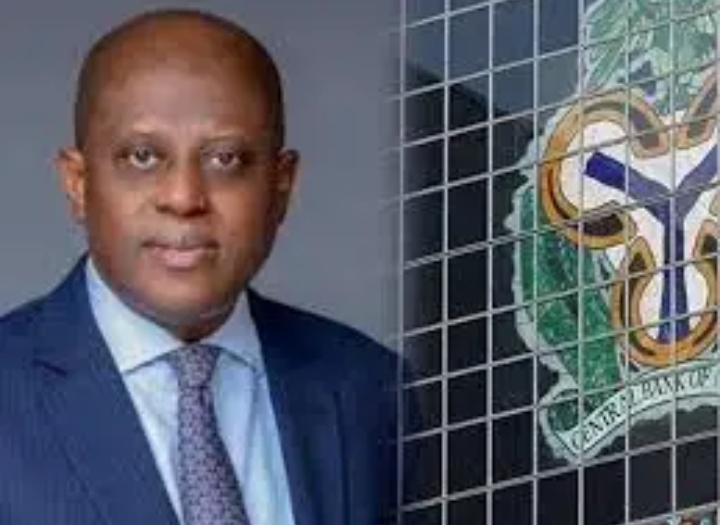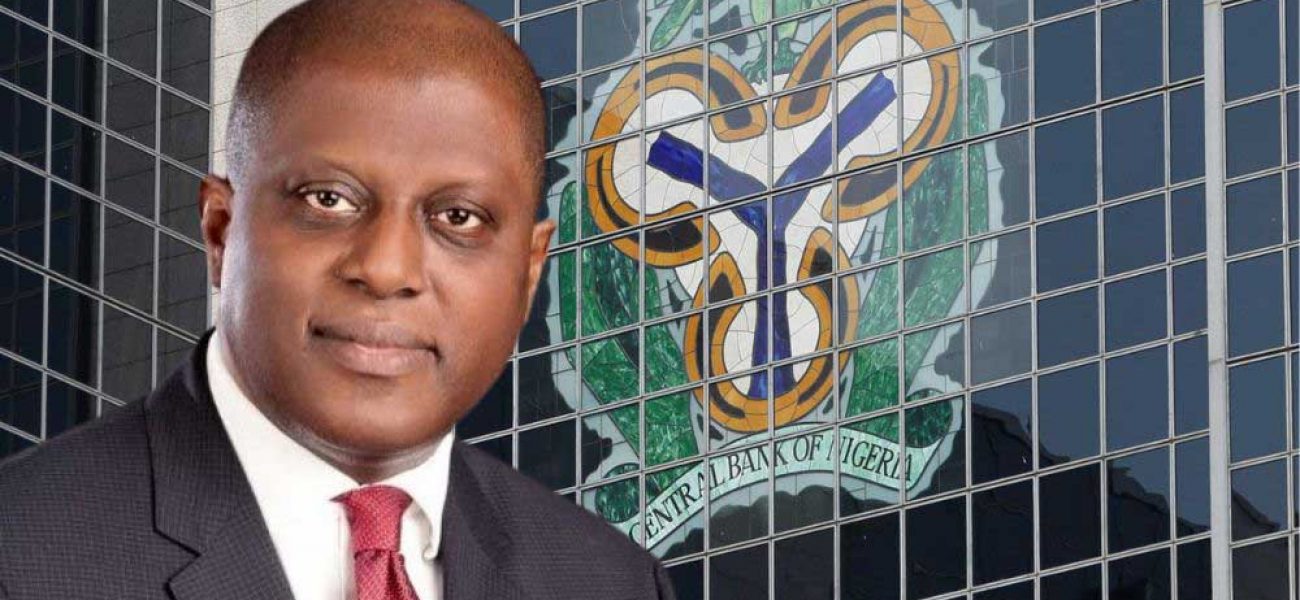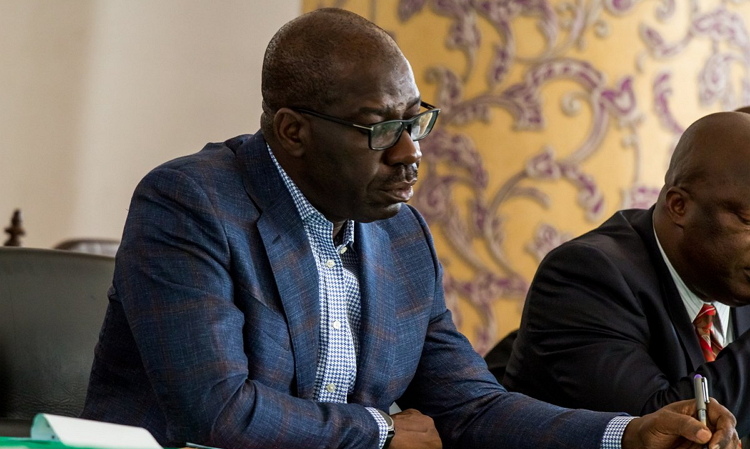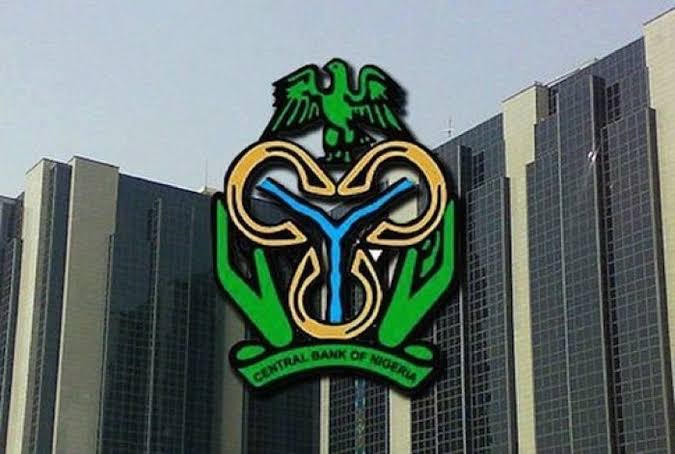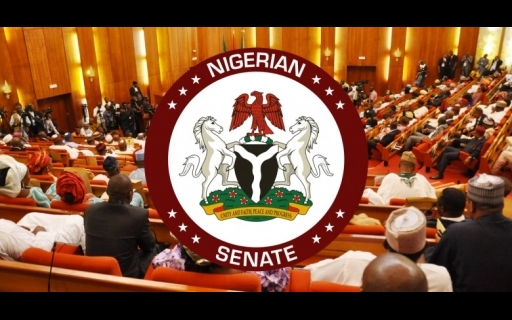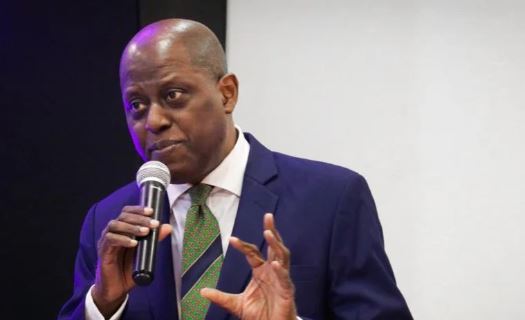GOVERNANCE is not about sharing blame, making excuses, or the individual exonerating himself. It is about getting the job done.
So, when in the face of serious financial and economic crises which have seen hunger envelop the land like a shroud and the national currency waterboarded, Olayemi Michael “Yemi” Cardoso, the Central Bank of Nigeria (CBN) Governor exonerates himself, something serious must be wrong.
He told the country: “I think it is very important for Nigerians to understand that the Central Bank Governor — I, and my team — are not responsible for the woes that we have today; we are part of the solution.”
It is yet to be seen whether Cardoso and his team are part of the solution, but they are partly responsible for the crises we are facing. First, he accepted the myth that the Naira needs to be floated – without a life jacket or anchor.
Secondly, five days after his September 23, 2023 appointment as CBN Governor, the Naira to the dollar, at the parallel market, was N1,009. The next month, it sank to N1,140, and in November to N1,590. In February, 2024, it fell to N1,710. All these were under his watch.
It can be argued that since his appointment, Cardoso has been trying to get a handle on the controls, but if he knew the Naira devaluation was being manipulated like the government insists, why was he further punishing the country by using the fake rates to determine the Customs duty?
The CBN instructs the Customs on the exchange rate to be used for calculating import duty, and the cost is, of course, passed on to the consumers.
So, why would Cardoso, as the Central Bank Governor of an import-dependent country, continuously increase import duties based on the fake devaluation of the currency and not expect hyperinflation?
When Cardoso was appointed, Customs exchange rate for import duty was N770.88/$. On November 14, 2023, he adjusted it to N783.174/$. The following month, he raised it to N951.941/$. Then, came the part: On February 2, 2024, he raised the Customs rate from N951.941/$ to N1, 356.883/$. The very next day, he moved it upward to N1,413.62/$ and within four days, moved it to N1,417.635/$. What manner of Central Banker in the world increases the Customs duties thrice in one week?
How are investors and manufacturers expected to plan with such volatility in duty payments? How does Cardoso engage in such pseudo-economics and expect stable prices?
Why should employers, marketers and Nigerians be so punished due to the inability of the Central Bank to check criminality in the foreign exchange market? So, how, like Pontius Pilate, does he wash his hands clean of the crises Nigerians are facing?
But, rather than subject Cardoso’s performance to critical analysis, the response from the Presidency is to present him as some superstar.
In his February 17, 2024 piece titled: ‘Olayemi Cardoso’s dilemma’, Tunde Rahman, Senior Presidential Aide to President Bola Tinubu, told the world that: “Cardoso is obviously a perfect fit for the CBN top job.”
Then, as if making excuses for Cardoso’s possible failure, Rahman wrote: “But in the wake of the floating of the naira, some of the variables shaping the value of the national currency – including limited production in the country as a result of insecurity, the high taste for imported products, dwindling exports, poor dollar remittances, humongous school fees of Nigerian students abroad and medical tourism, all of which engendered a strong demand for dollar, far outweighing supply – seem to be clearly beyond his control.”
Seriously?
Another official appointed by this government that does not only need to speak less, but also leave partisan politics to politicians, is Mr Adewale Bashir Adeniyi, the Comptroller General of Customs.
In the wake of the Economic Community of West African States, ECOWAS, sanctions against Niger Republic in August, 2023 which included the closure of borders, Adeniyi, like a butterfly, hopped from one border crossing to another, giving instructions. What was his business with enforcing border closure which is the duty of Immigration and the security services? But he is an actor.
Tragically, on February 23, 2024, he carried his Nollywood acts too far. In the face of serious hunger, he announced that he is going to crash the prices of food items and shore up the Naira.
How is he going to do it? By selling seized goods to the public at rock bottom prices. For instance, he said his agency would be selling a 25 kilogramme of rice at N10,000; that is a quarter of its current market price. You will think he has a million bags to sell. Laughably, all the Customs had, at least for the megacity of Lagos with some 18 million people, was 20,000 bags of assorted grains!
In a Lagos where just a few days before, Nigerians were whipped for over-crowding a bread distribution point where N100 loaves were being given out, it was expected that there would be a huge turnout at the Yaba Customs warehouse sales point.
In realisation of this reality, the Customs National Public Relations Officer, Abdullahi Maiwada, announced that the agency would carry out the sales with a firm commitment to transparency, fairness, and public safety.
I am not sure if there was transparency and fairness in the process, but what we all know is that there was no public safety as seven Nigerians died at the Lagos sales.
Not unexpectedly, Customs laid the blame on the doorsteps of the victims. It claimed that after its stock was exhausted, the crowd broke through its barriers demanding for more items to buy, and in the process, there was a stampede leading to the loss of lives.
After this tragedy, it is unlikely that the quixotic Adeniyi who with a few thousand bags of grains announced he would crash food prices in the country, would be made liable for these avoidable deaths.
If the Customs truly wanted to help a needy population, it would simply have donated the items to the internally displaced camps or orphanages that are spread across the country.
The Presidency needs to call Adeniyi to order so that his next reality show would not be more tragic.
Also, the Presidency should avoid knee jerk actions like invading warehouses in the name of searching for hoarded food.
We know the causes of hyperinflation in the country. These include unreasonable increases in the prices of petroleum products, lack of local refining, sinking of the Naira, banditry and terrorism that have forced many off the farms, wholesale looting, high cost of governance and the poverty-inducing programmes of the World Bank and the International Monetary Fund which have been imposed on the country.
Governance, is not rocket science.
